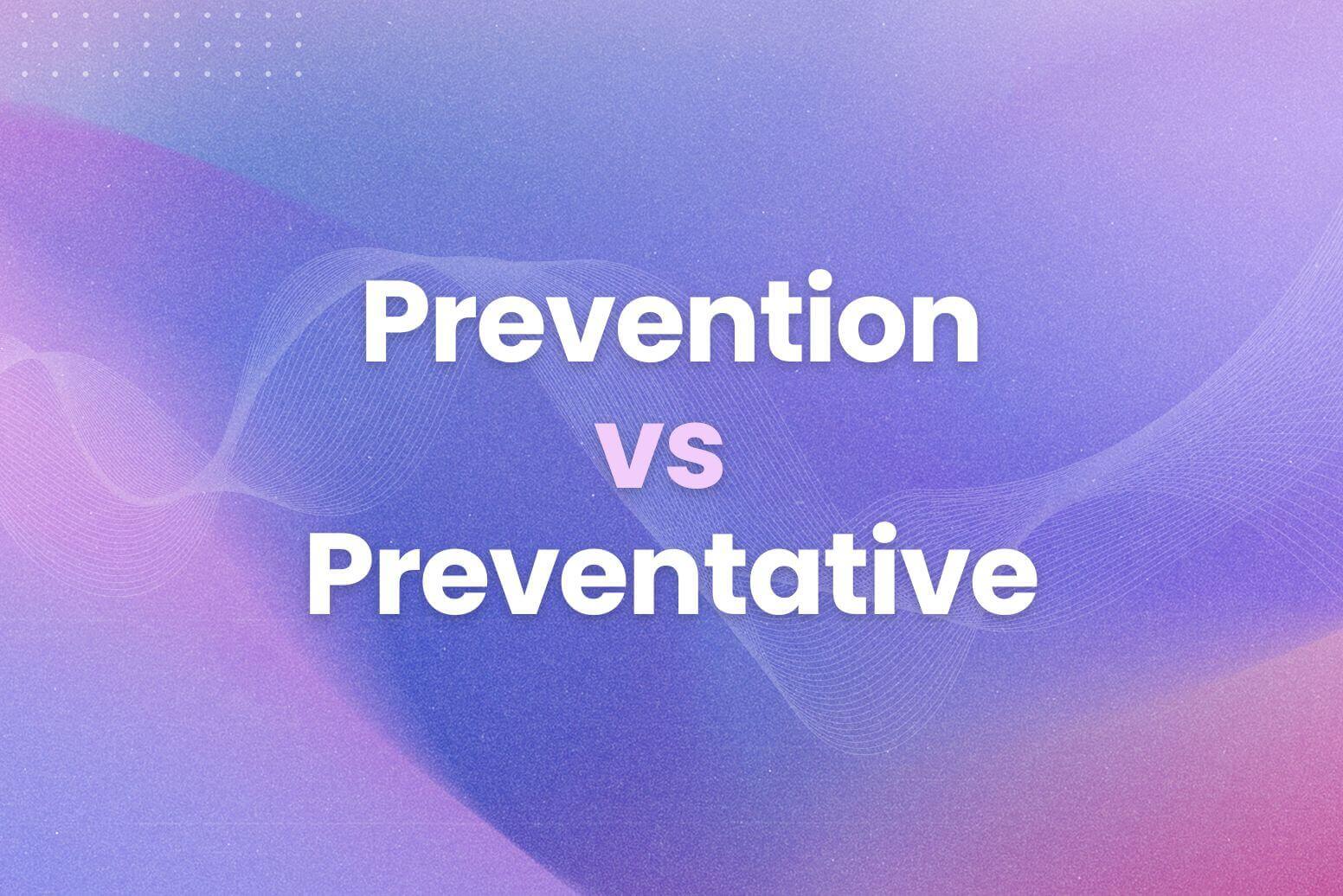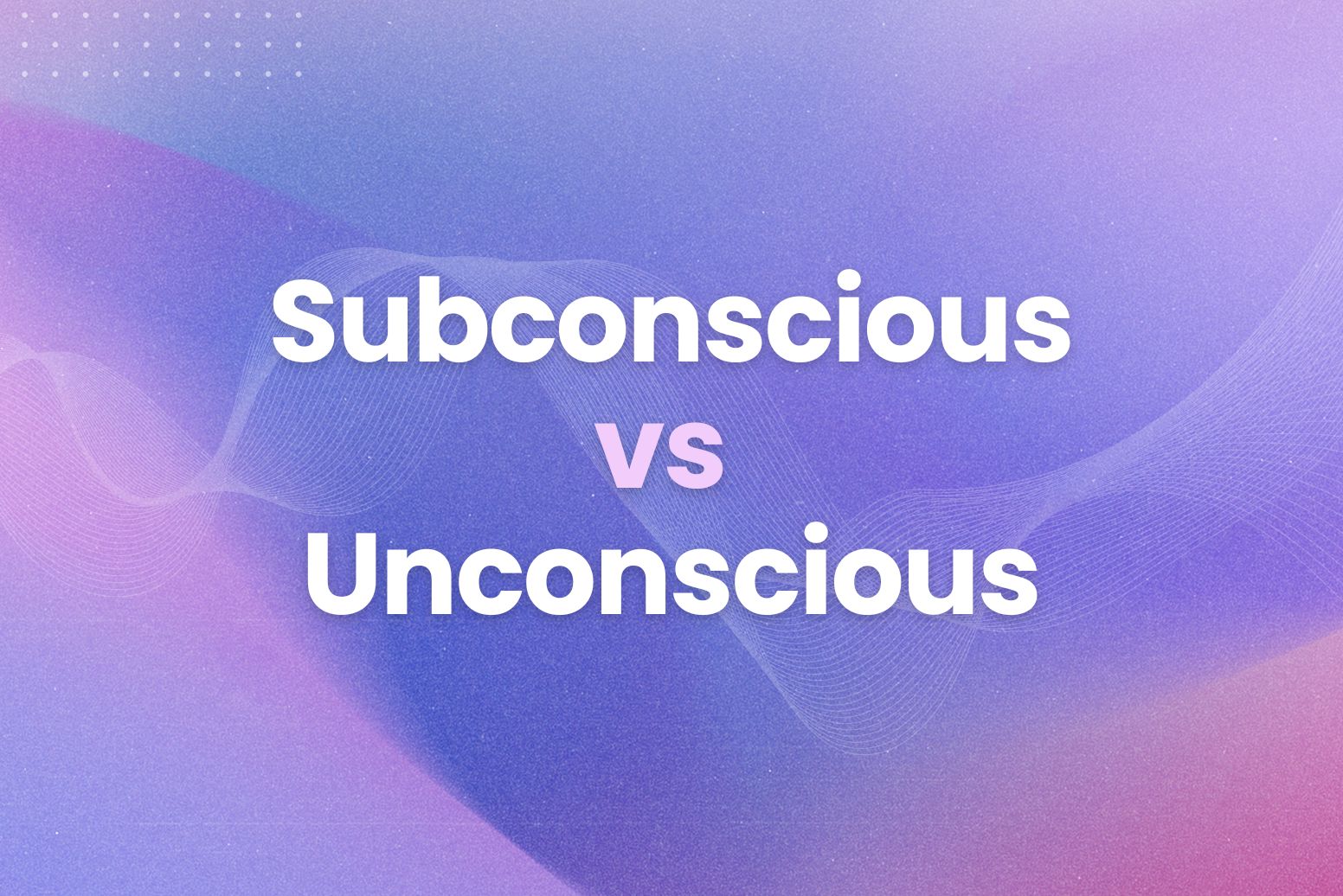Ever wondered if you’re using the right word: Preventive vs Preventative? It’s a common grammar question, and getting it wrong can make you feel a little unsure. We’ve all been there. So, let’s clear up the confusion once and for all.
This article breaks down everything you need to know about these two words. Here’s what we’ll cover:
- Definitions of preventive and preventative
- When to use each word
- Examples of each word in context
- A simple trick to remember the difference
- Common mistakes to avoid
Definitions of Preventive and Preventative
Let’s get straight to the point. Both preventive and preventative mean the same thing: serving to prevent something. They both describe something that helps stop something else from happening, usually something bad. Think of it like a shield against future problems.
Preventive is a slightly older word, and it’s generally considered the preferred and more common choice. You’ll see it used more often in writing and everyday speech. Preventative, on the other hand, is perfectly acceptable, but it’s used less frequently.
So, while both words are correct, preventive is often the better option. It’s simpler, more common, and less likely to raise eyebrows. However, using preventative isn’t wrong. It’s just a matter of preference and style.
When to Use Each Word
Now that we know the definitions, let’s talk about usage. While both words mean the same thing, there are subtle differences in how you typically use them. Generally, preventive is more common as an adjective. For instance, you’d talk about preventive medicine or preventive measures.
Preventative, while also an adjective, is less frequent. You might see it in some specific contexts, but preventive is usually safe. Moreover, preventive can also function as a noun, referring to a preventive measure itself. For example, “The best preventive is a healthy lifestyle.” Preventative rarely functions as a noun.
To clarify, here’s a simple rule of thumb: When describing something that prevents, preventive is usually the way to go. Think preventive maintenance, preventive care, or a preventive strategy. Preventative isn’t wrong, but preventive is more common and versatile.
Examples of Each Word in Context
Seeing words in action can make all the difference. So, let’s look at some examples of preventive and preventative used correctly. This will help solidify your understanding and show you how each word flows in a sentence.
Preventive Examples:
- “Regular exercise is a key preventive for heart disease.” (Noun)
- “The doctor recommended preventive screenings.” (Adjective)
- “We need to take preventive action now.” (Adjective)
- “A balanced diet is a good preventive.” (Noun)
- “They implemented several preventive measures.” (Adjective)
Preventative Examples:
- “Put preventative measures in place to avoid future issues.” (Adjective)
- “Some doctors prefer the term preventative medicine.” (Adjective)
- “She researched various preventative strategies.” (Adjective)
As you can see, preventive is in more varied ways, functioning as both a noun and an adjective. Preventative primarily serves as an adjective. Therefore, if you’re unsure, preventive is often the better choice due to its versatility.
A Simple Trick to Remember the Difference between Preventive vs Preventative
So, now that we’ve covered the definitions and usage, here’s a simple trick to help you remember the difference between preventive and preventative. Think of preventive as the more active word. You can use it more often, it’s more versatile, and it’s generally preferred. Just like active is a shorter, more common word than proactive, preventive is the more common and active choice compared to preventative.
Another way to think about it is that preventive has a “t” in it, like “treatment.” Treatments are often preventive, right? This little association can help you recall that preventive is often the word you’re looking for. While preventative is okay, preventive is the pro choice.
Common Mistakes to Avoid
Finally, let’s look at some common mistakes people make when using preventive and preventative.
- Overusing preventative: While not wrong, preventive is usually the more natural and preferred word.
- Assuming interchangeability in all contexts: Preventive has a wider range of uses, including functioning as a noun.
- Not checking with a grammar tool: Using Arvin can help you avoid these common mistakes. You can use Arvin to check your grammar and get suggestions for better word choices.
- For example, you can highlight a sentence with either word and ask Arvin, “Is this the right word to use here?”. It helps in real-time, so you can instantly correct any errors.
Wrapping It All Up: Your Grammar Wingman Arvin
We’ve covered everything you need to know about preventive vs preventative. While both words are related and have similar meanings, preventive is generally the more common and versatile choice. Therefore, sticking with preventive is often the best approach.
Here’s a quick recap of the key takeaways on preventive vs preventative:
- Firstly, both words mean “serving to prevent.”
- Secondly, preventive is more common and versatile.
- Then, preventive can be a noun or an adjective.
- Also, preventative is primarily an adjective.
- Lastly, use the “active” and “treatment” tricks to remember.
Now, armed with this knowledge, you can confidently use preventive and preventative in your writing. Furthermore, for extra assurance, you can always call on Arvin. Arvin, your AI-powered writing assistant, can quickly check your grammar and offer suggestions. As a result, you can ensure your writing is always clear, concise, and correct.
FAQs About Presentive vs Presentatitve
Is the correct word preventive or preventative?
Both are correct, but preventive is generally preferred due to its wider usage and versatility. Therefore, if you’re unsure, preventive is usually the safer bet.
Is it preventive or preventative in the UK?
The same principles apply in the UK. Both are used, but preventive is more common. Consequently, you’ll likely see preventive more frequently in British English as well.
Is it preventive or preventative Oxford Dictionary?
The Oxford Dictionary lists both spellings, acknowledging that both are correct. However, it also notes that preventive is the more common form. Thus, even the dictionary leans towards preventive as the preferred choice.
When did preventive become preventative?
Actually, preventive came first. It has been used in English for much longer. Preventative appeared later, but it never gained the same level of popularity. Therefore, preventive has remained the dominant form throughout history.






